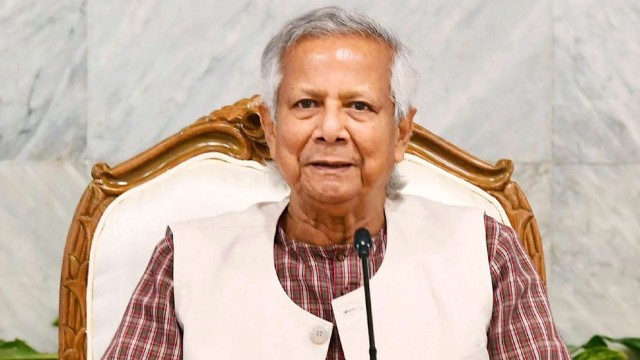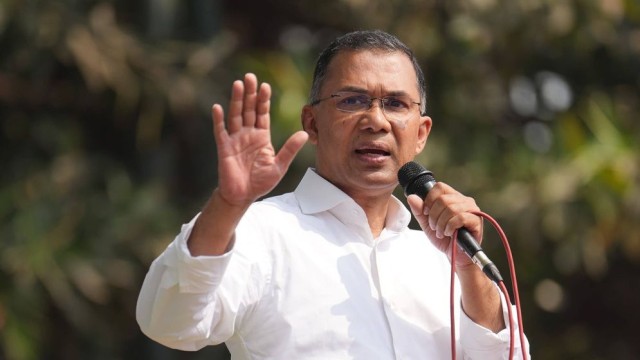Dhaka, Sep 22 (V7N)- In a recent decision by the highest level of the government, Bangladesh has approved the export of 3,000 metric tons of hilsa fish to India, sparking mixed reactions. This decision, announced on Sunday by Commerce Ministry Adviser Salehuddin Ahmed, comes ahead of Durga Puja, one of the largest festivals celebrated in the Indian state of West Bengal.
Addressing reporters at the Secretariat, Salehuddin Ahmed highlighted the commercial advantages of exporting hilsa, including foreign currency earnings and the prevention of smuggling. He stated, "We have friendly relations with India, and exporting hilsa brings commercial benefits. If we do not export, the fish is smuggled."
He further emphasised that the amount being exported is relatively small compared to the daily catch at Chandpur Ghat, one of the major hilsa markets in Bangladesh. "Emotional talk is useless. The decision to export hilsa to India has been taken after careful consideration and discussions at the highest levels," Ahmed added.
Hilsa, a prized fish in both Bangladesh and India, has been recognised as a Geographical Indication (GI) product of Bangladesh since 2017. Bangladesh has been exporting hilsa to India for five consecutive years during Durga Puja, though exports were halted between 2012 and 2018. Exports resumed in 2019, with Indian businesses from Kolkata consistently requesting up to 5,000 metric tons of hilsa each year.
However, the decision to export hilsa has not been without controversy. The Fisheries and Livestock Adviser, Farida Akhtar, has previously stated that hilsa exports should only occur after ensuring domestic demand is met. "The people of the country should be fed hilsa first, then export," she reiterated on Sunday, distancing the Ministry of Fisheries and Livestock from the decision to export to India.
This year's export decision comes amid concerns over rising hilsa prices within Bangladesh. In the capital's markets, hilsa has been selling for between 1,000 to 1,500 taka per kilogram. Prices have reportedly risen further following the decision to export.
While some welcome the decision for its economic benefits and as a symbol of friendly ties with India, others argue that it risks depriving local consumers of an affordable supply of hilsa. As the export period coincides with a time of high domestic demand, critics argue that it could exacerbate the price hike, making the national fish out of reach for many in Bangladesh.
As the debate continues, the government remains firm in its decision, emphasising that the export will bring foreign currency while mitigating illegal trade.
END/MSS/AJ































Comment: